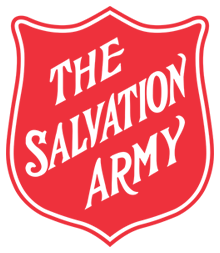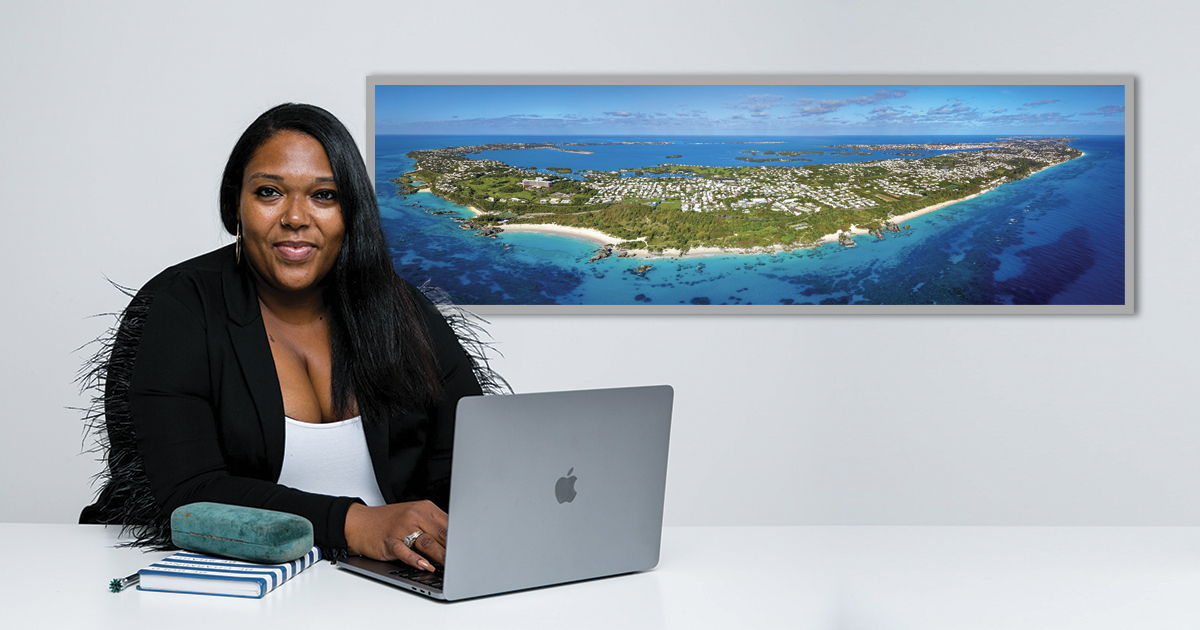Lift every voice and sing
Till earth and heaven ring,
Ring with the harmonies of liberty;
Let our rejoicing rise
High as the listening skies,
Let it resound loud as the rolling sea.*
All Bermuda will pause on July 28 to remember the emancipation of slaves throughout the British Empire on August 1, 1834. The life and legacy of our national hero, Mary Prince, is celebrated the day after, on Mary Prince Day.
As we do so, my thoughts turn to the kind of faith that must be required to fight for freedom.
The March to Victory
The Bible says that faith is the substance of things hoped for and evidence of things unseen (see Hebrews 11:1). I can only imagine the level of faith my ancestors had to be able to fight—for generations—for something only ever hoped for and unseen by so many.
The freedoms that we celebrate this weekend were hard won. And at the heart of the fight was a faith in a God that they believed would deliver us. They were likely to call it by different names and worship this God in different ways, but the strength of our ancestors’ faith was clearly apparent.
History tells us that most early abolitionists were white, religious Americans. And it’s true that there were several, but there were also many leaders of the abolitionist movement who were Black men and women, slaves and former slaves, who had a vision and hope of freedom—people who believed in something that they could not see.
Sing a song full of the faith that the dark past has taught us,
Sing a song full of the hope that the present has brought us.
Facing the rising sun of our new day begun,
Let us march on till victory is won.
Faith and Courage
The magnitude of this faith is not forgotten when I think of the liberties I enjoy as a Black woman in Bermuda, 188 years after emancipation. I often ask myself if I have that same kind of faith. Do I have the same depth of faith as my forefathers and mothers? A faith that can move metaphorical mountains? A faith that develops nations? A faith that changes the world?
Or is my faith limited to the transformation of my own life? Is it limited to weekly worship, scriptural study and prayer? Am I willing to use this faith for a greater good? Am I willing to put my faith into action?
As history has shown us, faith coupled with courage is a powerful thing. Juanae Crockwell
When I think of freedom, I think of faith in action. A faith that a power greater than me—a power greater than all of us—will equip me for service. Because as history has shown us, faith coupled with courage is a powerful thing.
Stony the road we trod,
Bitter the chastening rod,
Felt in the days when hope unborn had died;
Yet with a steady beat,
Have not our weary feet
Come to the place for which our fathers sighed?
From Slavery to “National Hero”
Of course, on this long celebratory weekend, I also reflect on Mary Prince, a local hero in Bermuda, a hero for the cause internationally and at home; a woman of courage, strength and—dare I say—a woman of faith. Her autobiography, The History of Mary Prince: A West Indian Slave, is filled with references to the prayers she prayed—prayers that “God will find a way to give me my liberty.”
But her prayers didn’t simply end in “Amen.” They manifested into action, action that contributed to the answer of her and countless other prayers for freedom. By adding a little courage to her faith, she was able to tell her story and expose the misconceptions about slavery in Bermuda, ultimately participating in the abolitionist movement at a global level, becoming the first female slave to publish an autobiography and earning her “national hero” status at home.
A Challenge
All of this was the result of her faith in action. Activism, in whatever capacity you serve, is an act of faith. A decision to plant seeds—mustard seeds, maybe—for trees whose shade you may never enjoy.
We have come over a way that with tears has been watered,
We have come, treading our path through the blood of theslaughtered,
Out from the gloomy past,
Till now we stand at last
Where the white gleam of our bright star is cast.
There is so much more work to be done. We are free, but still grappling with the impact of our enslavement. So today, I challenge myself to do more with my freedom. I challenge myself to put a little more action behind my faith and believe that God is able to take my seemingly insignificant contributions and multiply them.
God of our weary years,
God of our silent tears,Thou who hast brought us thus far on the way;
Thou who hast by Thy might
Led us into the light,
Keep us forever in the path, we pray.
*Excerpts from James Weldon Johnson’s poem, Lift Every Voice and Sing.
Reprinted from The Royal Gazette, August 2, 2021 (royalgazette.com)
Juanae Crockwell is the religious correspondent for The Royal Gazette in Hamilton, Bermuda
Photo: yujie/stock.Adobe.com
This story is from:








Hi Juanae! The question that you asked "can I do more with my freedom" is a profound one. It certainly resonated with me. For me your question makes me think of how blessed I am to be be free. Free to worship, free to express myself etc. So many people do not have this privilege in so many parts of the world.
I think that I can do so much more with my freedom. Perhaps use it to work on a much better version of myself. I can also use it to make meaningful changes that will have powerful impacts on the people that I meet. Most of all I will use my freedom to become closer to Jesus. To seek God first and as it is written all other things will be added to glorify God. I wonder how free we are as individuals? Many of us I think are to some degree enslaved by our experiences and some happenings in our lives in one way or the other. Thank you for for such a interestin question!